Spray schedule and fruit trees
tiarnna
18 years ago
Related Stories

EDIBLE GARDENSHow to Grow 10 Favorite Fruit Trees at Home
Plant a mini orchard in fall, winter or early spring to enjoy fresh-off-the-tree fruit the following year
Full Story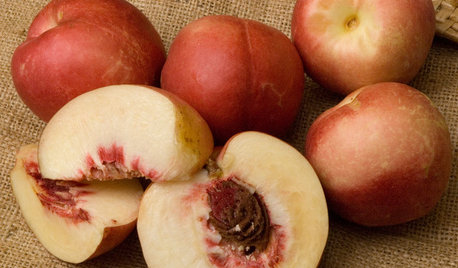
EDIBLE GARDENSGrow Plum Hybrids for Your Favorite Fruit Flavors
Plums are cozying up with apricots, peaches and even cherries — here’s how to grow these hybrids for the best aspects of each
Full Story
MOST POPULARHow to Get Rid of Those Pesky Summer Fruit Flies
Learn what fruit flies are, how to prevent them and how to get rid of them in your home
Full Story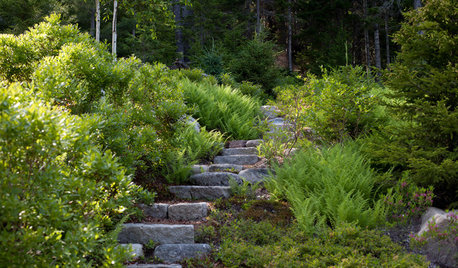
GARDENING GUIDESGreat Design Plant: Grow Blueberries for Their Fruit and More
Eastern gardeners should consider growing blueberry plants for their delicious fruits, bee-friendly spring blooms and brilliant fall foliage
Full Story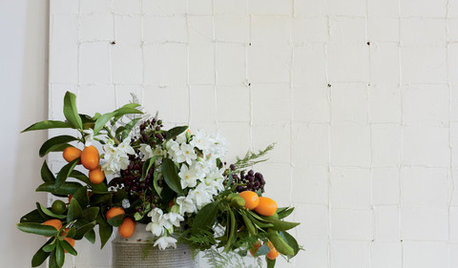
DECORATING GUIDESPut Your Best Fruit Forward in Splendid Fall Arrangements
Luscious, colorful and unbeatably fresh, fruit-centered arrangements bring welcome flavor to fall home decor
Full Story
ENTERTAININGEye-Catching Centerpieces Beyond Flowers and Fruit
Use your imagination to create a tableau that reflects your surroundings, creates dramatic tension or elicits surprise
Full Story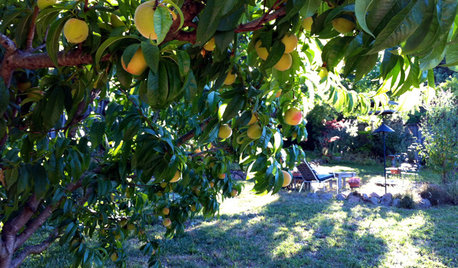
EDIBLE GARDENSHow to Grow Your Own Peaches and Nectarines
Make gardening a little sweeter with these juicy fruits, which you can eat after plucking or preserve for later
Full Story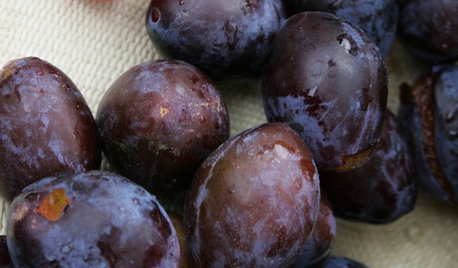
FRUIT TREESHow to Grow Your Own Juicy Plums
Easier than other stone fruits and with a variety of colors to choose from, plums are a versatile garden addition
Full Story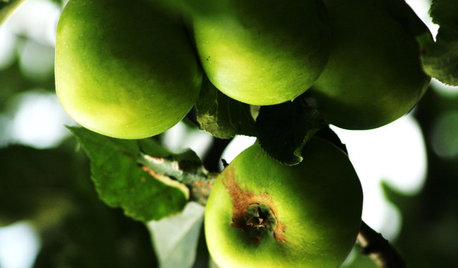
EDIBLE GARDENSHow to Add an Apple Tree to Your Edible Garden
Readily available, beautiful and fragrant, apple trees offer four-season interest along with crisp, juicy fruit
Full Story
GARDENING GUIDESHow to Keep Your Citrus Trees Well Fed and Healthy
Ripe for some citrus fertilizer know-how? This mini guide will help your lemon, orange and grapefruit trees flourish
Full Story





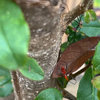
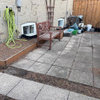

althea_gw
Bruce_in_ct
Related Professionals
Surprise Landscape Architects & Landscape Designers · Aurora Landscape Contractors · Elgin Landscape Contractors · Blue Springs Landscape Contractors · Franklin Landscape Contractors · Hawaii Landscape Contractors · Hayward Landscape Contractors · Indianapolis Landscape Contractors · Kahului Landscape Contractors · River Ridge Landscape Contractors · Roseville Landscape Contractors · Antioch Landscape Contractors · Shafter Landscape Contractors · Bethany Decks, Patios & Outdoor Enclosures · Fort Lee Decks, Patios & Outdoor Enclosuresalthea_gw
loodean
texasredhead
marylandmojo
squeeze
tiarnnaOriginal Author
Bruce_in_ct
squeeze
Kimmsr
rbrechln_yahoo_com
bhazlett_cpdlf_org